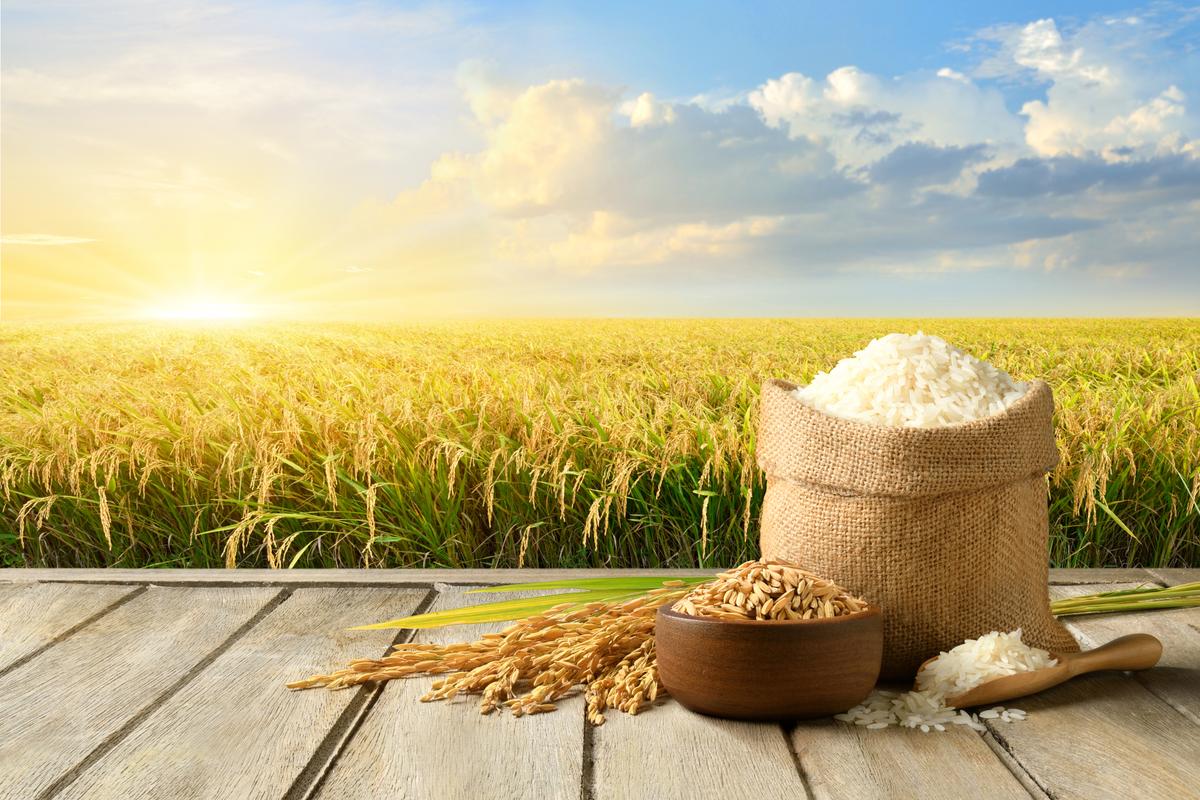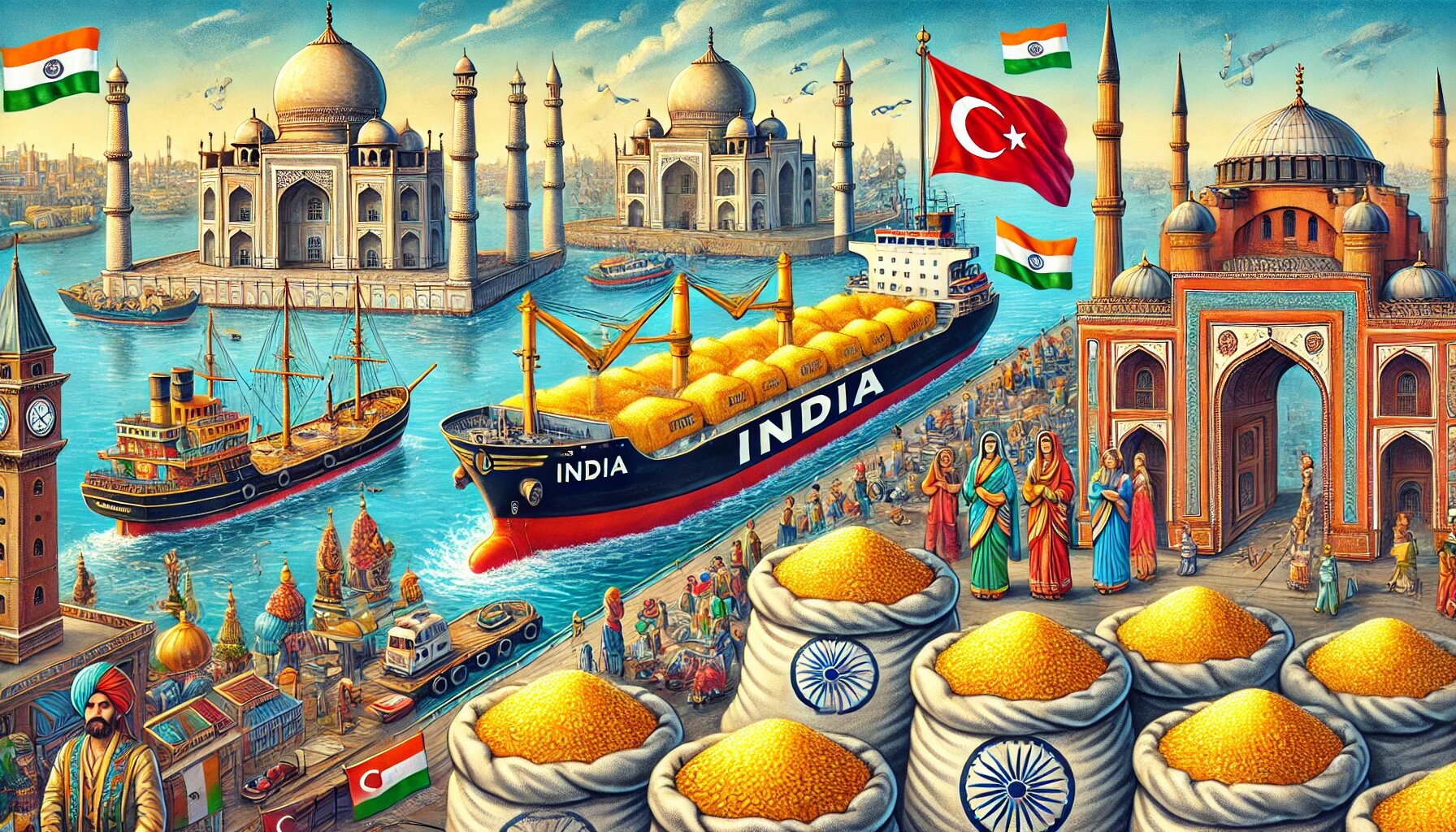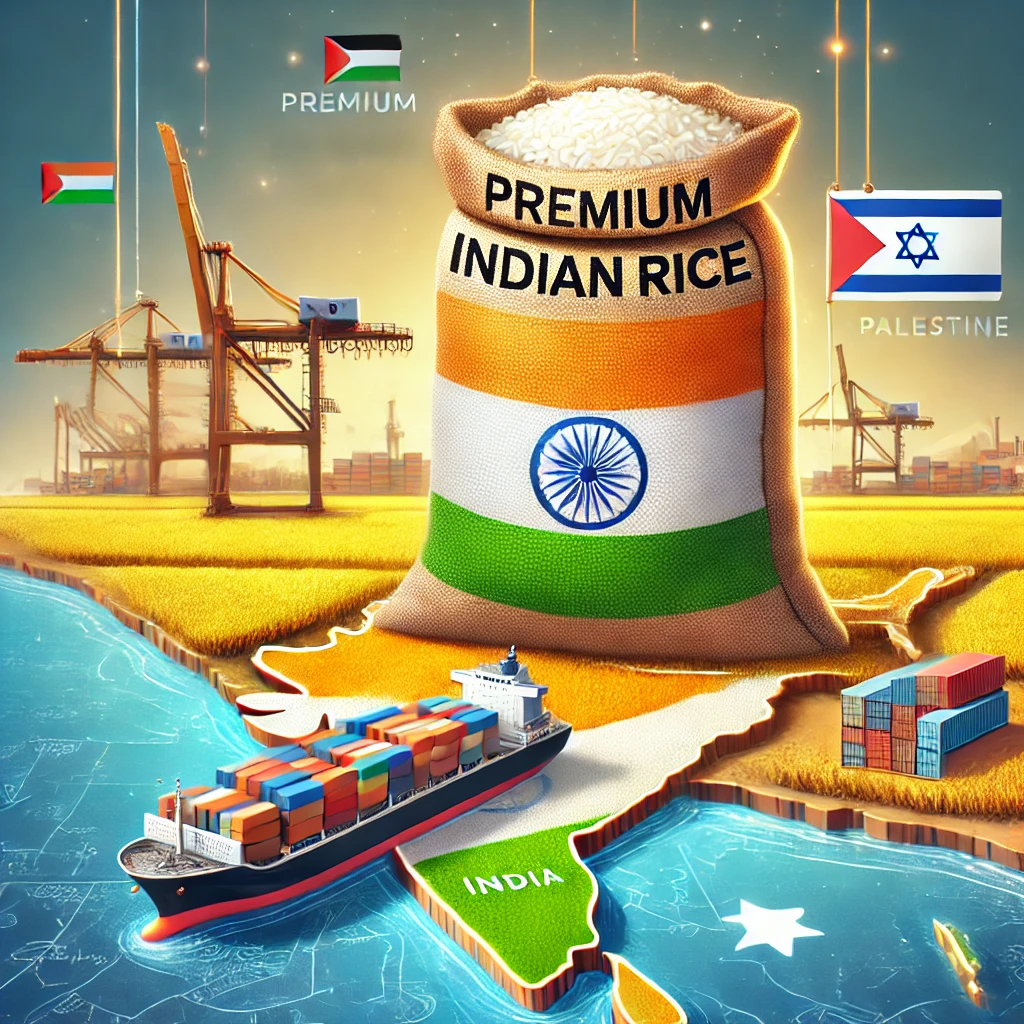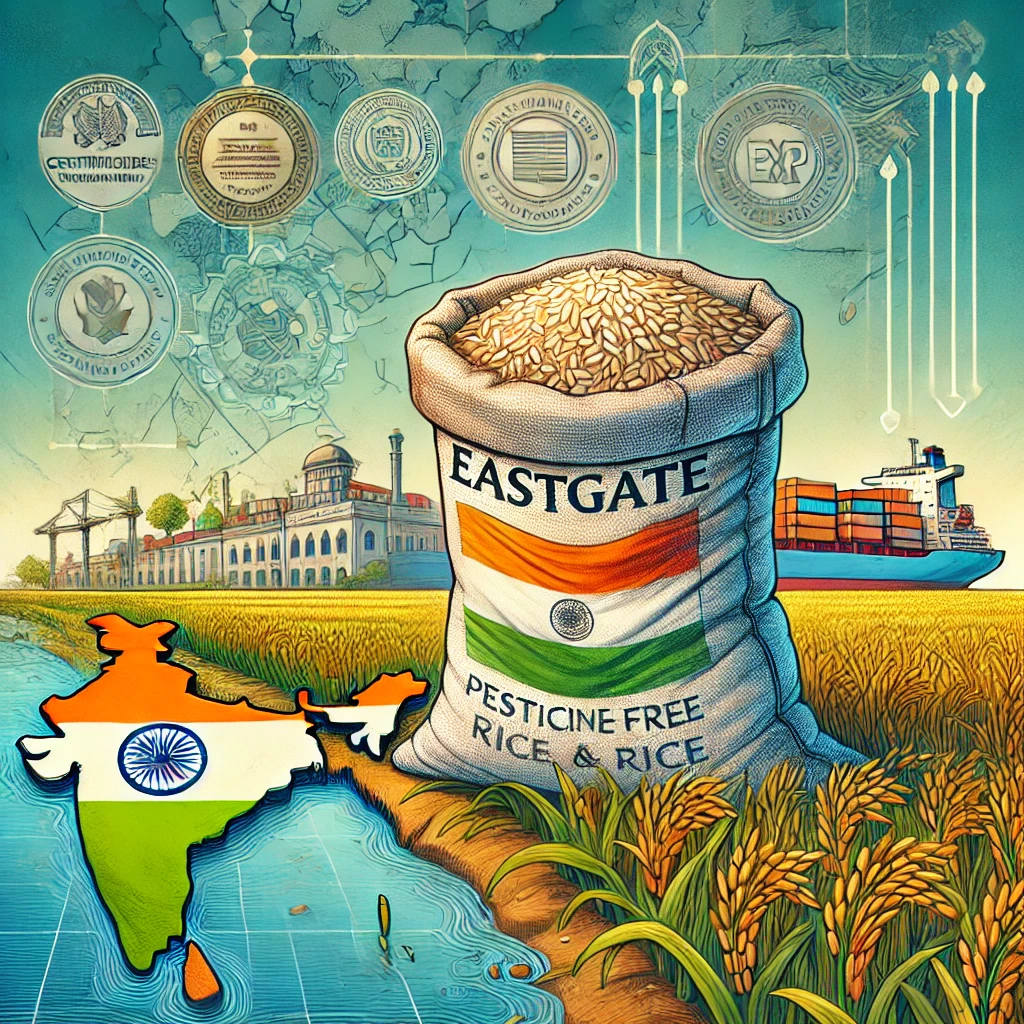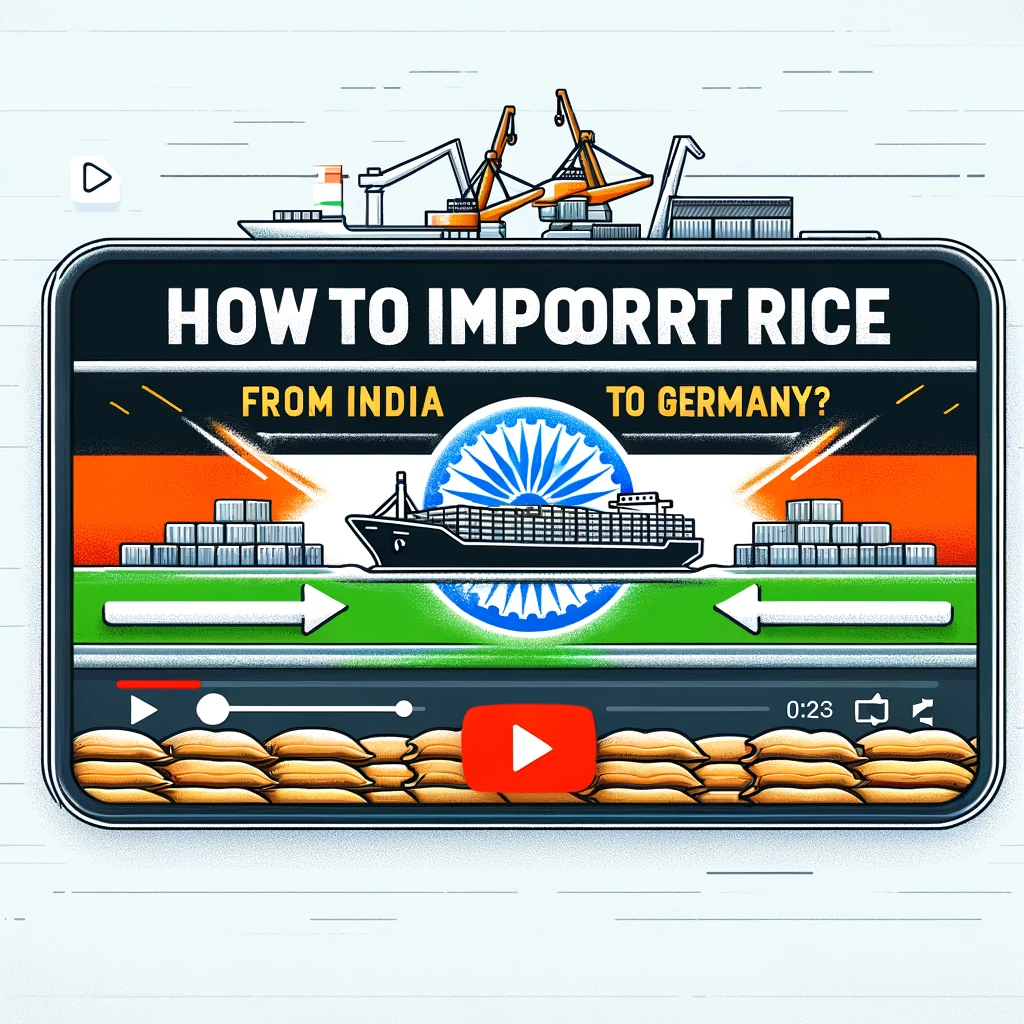A day after food inflation surged, India is considering banning exports of most rice varieties, news agency Bloomberg reported on Thursday. This move by India, the world’s biggest rice shipper, may send already lofty global prices of the food staple higher as the disruptive El Niño weather pattern returns.
The Narendra Modi-led government is now discussing a plan to ban exports of all non-Basmati rice, the report said. Authorities want to avoid the risk of more inflation before elections, it added. The ban, which may affect around 80 per cent of India’s rice exports, can reduce rice prices within India but may impact global prices negatively.
Uneven distribution of rainfall in the key rice-growing areas of the country has pushed up prices of the grain by up to 20% in the last 10 days, ET reported earlier this week.
“India was the cheapest supplier of rice,” B.V. Krishna Rao, president of the Rice Exporters Association (REA), told Reuters. “As Indian prices moved up because of the new minimum support price, other suppliers also started raising prices.” Rice is a staple for more than 3 billion people and nearly 90% of the water-intensive crop is produced in Asia, where the El Nino weather pattern usually brings lower rainfall.
India accounts for more than 40% of world rice exports, which were 56 million tonnes in 2022, but low inventories mean any cut in shipments will fuel food prices driven up by Russia’s invasion of Ukraine last year and erratic weather.
Last year, India banned broken rice exports and imposed a 20% duty on shipments of white and brown rice after Russia’s invasion of Ukraine sent prices of food staples like wheat and corn soaring. The country has also restricted wheat and sugar exports.
Rice prices in Asia have surged to the highest level in more than two years as importers build up stockpiles on fears that the onset of El Niño will parch plantations and damage crops.

